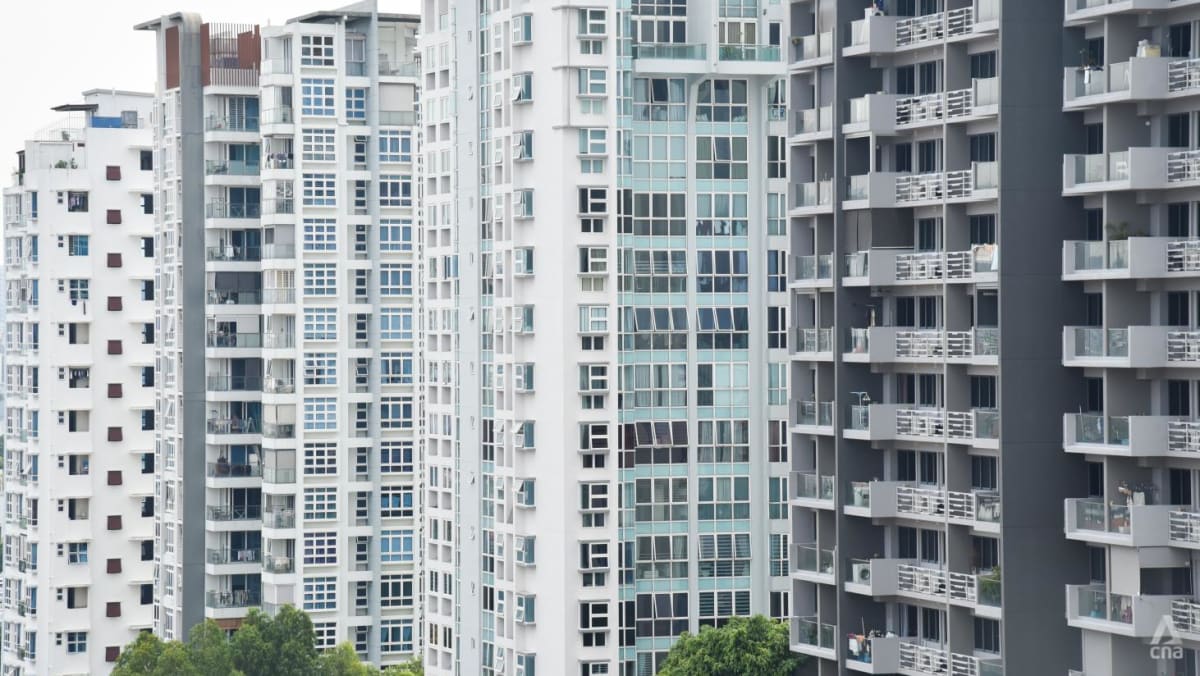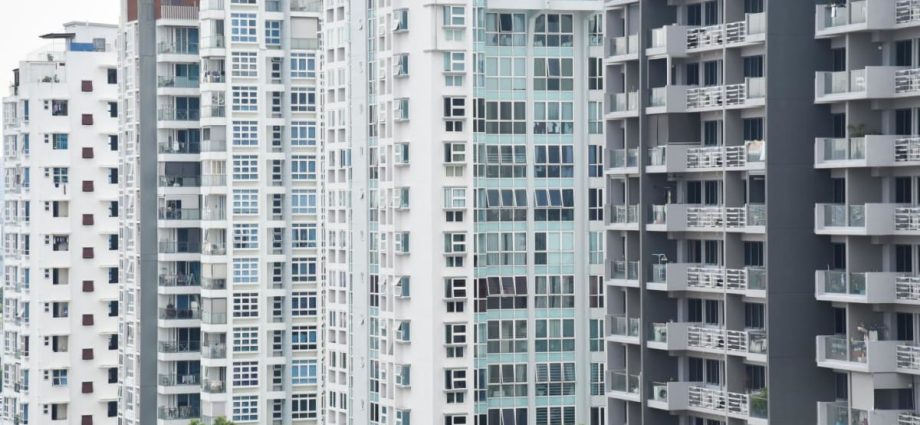
HOUSING & SOCIAL MOBILITY
Given that HDB flats – which house 78 per cent of the Singapore population – remain affordable to most Singaporeans, what is the significance of having some of the most expensive private residential real estate in Asia? After all, Singapore has one of the highest home ownership rates in the world.
If condominium price increases are much faster and greater than HDB price appreciation, some potential buyers will choose to invest in private condos, said Dr Lee Kwan Ok. As a result, the markets will diverge further and this may lead to unequal financial outcomes among households.
Dr Lee Nai Jia thinks that the quest for property isn’t solely a matter of securing a roof over one’s head. A potential consequence of two diverging housing markets is the deepening divide within society, particularly between asset-rich parents and those without such advantages, he said.
“It’s intrinsically tied to the aspiration of social mobility … Therefore, we need to rethink housing solutions that don’t just address affordability, but also foster a healthy social fabric and personal development,” he said.
“Such an economic chasm poses a threat to societal stability. This is precisely why the government’s strategic emphasis has been directed towards preserving our social contract and prioritising the accessibility of public housing.”
But Professor Qian Wenlan, director of NUS’ Institute of Real Estate and Urban Studies, does not see a sharp divergence materialising and thinks that the majority of the Singapore population would be more concerned about the affordability of public housing.
Furthermore, she sees the spillover effect also moving in the opposite direction, with public housing prices possibly affecting private property prices.
“The injection of supply downstream will mitigate inflation in the public housing market, which may even have a spillover effect on the property market as a whole,” she said.
“By and large, we expect public housing to remain highly affordable to the majority of the population, especially since the government’s policy is to price BTO flats according to median incomes rather than market demand.”
“PRIORITISING WHAT REALLY MATTERS”
Analysts agreed that in general, the Singapore government has done a good job at housing the nation.
This is unlike cities like Seoul and Hong Kong where residents “struggle a lot” due to housing attainability, said Dr Lee Kwan Ok.
“For example, public housing supply is limited and private housing prices are very high in Seoul, so many young people give up their marriage and childbirth due to housing unaffordability,” she said.
“In Hong Kong, the waiting time for public rental housing is very long, and many are forced to turn to private housing which is very unaffordable.”
Sociologist Tan Ern Ser said that in a society like Singapore, social mobility is always possible to all, but the probability of moving up is unequal across classes.
He thinks the government has been making make public housing more affordable and attractive, with new housing developments, such as Bidadari, Tengah, and the Southern Water Front, for instance; while persuading Singaporeans to redefine success in less material terms.
“I don’t think we could solve this problem of the bifurcation of public and private housing satisfactorily, but we could aim to live a ‘good enough’ life, prioritising what really matters: our mental and physical health, family and friends, and community life,” said Dr Tan.

